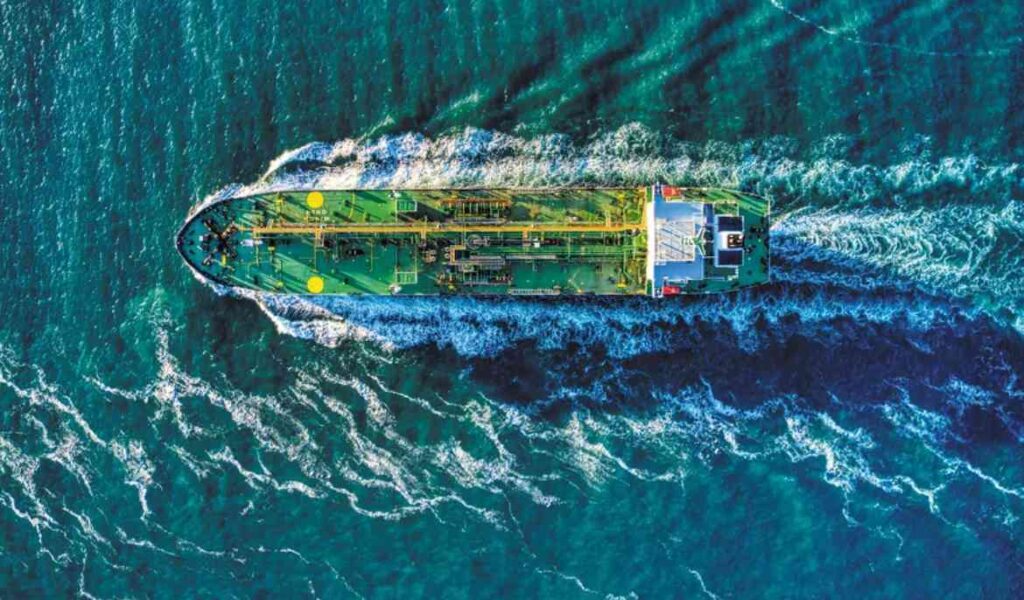Bernhard Schulte Shipmanagement (BSM), a third-party ship manager headquartered in Limassol, is gearing up for the FuelEU Maritime regulation, which comes into effect in 2025.
The company has a fleet of over 670 vessels and a global network of 11 ship management centres.
Accrding to an announcement, BSM has integrated innovative digital tools and measures into its emission management services to ensure full compliance with the complex requirements.
The company reached a significant milestone by successfully submitting all Monitoring Plans for vessels under the regulation to authorised verifiers before the August 31, 2024, deadline.
This early achievement ensures that BSM-managed vessels are fully prepared to comply with the regulation from the outset.
“We have developed integrated IT systems and procedures ensuring the accurate monitoring, recording, correction and reporting of all relevant voyage and emission data of FuelEU-affected vessels,” said Anil Jacob, Head of Fleet Performance and responsible for BSM’s Emission Management Services.
To further support compliance, BSM introduced two key tools, the FuelEU Dashboard and the FuelEU Simulator, fully integrated within its PAL ship management software.
These tools allow users to visualise FuelEU-relevant data in real-time, calculate GHG intensity, monitor compliance balance, and estimate penalties based on reported fuel data.
This capability ensures reliable forecasts and compliance management for the upcoming years, extending from 2025 to 2050.
BSM explained that the FuelEU Simulator is serving as a dynamic platform enabling users to simulate the effects of modifications on managed vessels and provide actionable, ship and trade-specific insights on how customers can minimise compliance costs.
Whether that is through simulating the effects of using shore power or estimating the amount of biofuel required for a single voyage or a whole fleet. This offers full transparency across the wide range of options.
In addition to its digital solutions, BSM provides expert guidance and advice on suitable fuels, compliance technologies and flexible indirect options like pooling to reduce the GHG intensity penalties.
Thus, the system can monitor the compliance status of anticipated pools and provide insights into how pools can be managed most efficiently.
The user has the option of simulating pools by selecting vessels and creating pools and monitor them continuously to track compliance balance and penalty exposure.
Jacob added, “From the outset, our approach was not just to develop measures to ensure the necessary compliance management.”
“We wanted to go further and create real added value. We offer our customers a full and transparent picture of each of their ships and vessel-specific solutions,” Jacob concluded.



